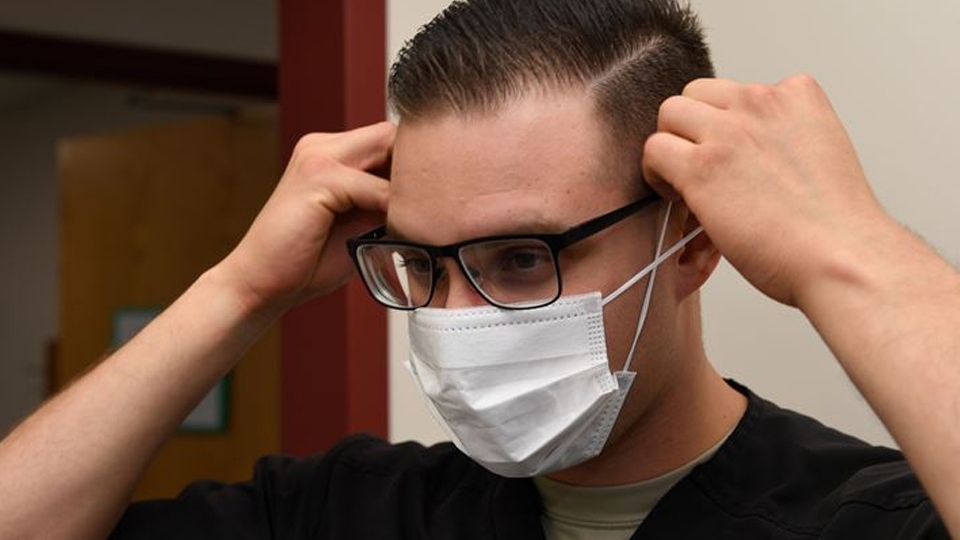Coronavirus: Consumers and businesses beware - fraudsters are out there
Date published: 30 March 2020

Consumers and businesses need to be aware that counterfeiters will stop at nothing to get their cheap and potentially dangerous goods to vulnerable people
Fraudsters are always on the lookout for new opportunities to take advantage of consumers, whatever the circumstances, and this time of emergency is no exception.
As consumers and businesses isolate themselves to avoid the threat of contracting coronavirus, we naturally look at other ways to get essential products.
Consumers and businesses need to be aware that counterfeiters will stop at nothing to get their cheap and potentially dangerous goods to vulnerable people.
Hiding behind sophisticated sites and through legitimate retail and auction platforms they use fake trademarks and certification labels to trick people into paying for products that could heighten current threats to their health and safety.
What should you do?
Trading Standards’ advice is to ignore all online adverts or cold callers offering home testing kits or products/supplements, which claim they prevent or cure coronavirus.
They are fake and potentially dangerous.
Look out for:
· Homemade hand sanitisers The Cosmetic, Toiletry and Perfumery Association (CPTA) has urged people not to use homemade hand sanitisers.
· Products advertised online, which claim to cure or prevent coronavirus Last week police charged a man for selling fake 'treatment kits', which included mouthwash containing harmful chemicals.
· Temperature thermometer guns Sold on a range of well-known auction sites, as being able to monitor body/head temperatures. They are not for medical use. They intended for engineering use and the laser should never be aimed at eyes.
What should you do?
The Anti-Counterfeiting Group warns the public to be very cautious whenever buying products online.
1. Check who you are buying from. If you’re online remember that over 83% of fakes come from China.
So, if the web site or shipping address looks to be in China or Hong Kong take extra care.
2. Look closely at the photos of products and the packaging.
3. Don’t be too quick in committing your money.
Check the price of the product against other sites and ask friends and family for advice, but if you decide to go ahead use your credit card to make the purchase.
Phil Lewis, Director General of the Anti-Counterfeiting Group, said: “The anonymity the internet offers is an advantage to criminals.
"They can operate easily behind sophisticated looking websites, using fake trademarks, brands and emblems and even bogus certification labels to entice shoppers into thinking they are buying genuine, safe, products.
“The reality is, of course, that consumers can often end up with nothing more that cheap tat and increasingly dangerous goods.
"According to Customs authorities across Europe, over 37% of fakes picked up at our borders are now dangerous to consumers."
For consumer advice on how to avoid being caught out online visit the Anti-Counterfeiting Group website: https://www.a-cg.org/consumer-advice
For the latest health information and advice about the coronavirus here
Do you have a story for us? Want to tell us about something going on in and around Oldham? Let us know by emailing news@oldham-chronicle.co.uk , calling our Oldham-based newsroom on 0161 633 2121 , tweeting us @oldhamchronicle or messaging us through our Facebook page. All contact will be treated in confidence.




